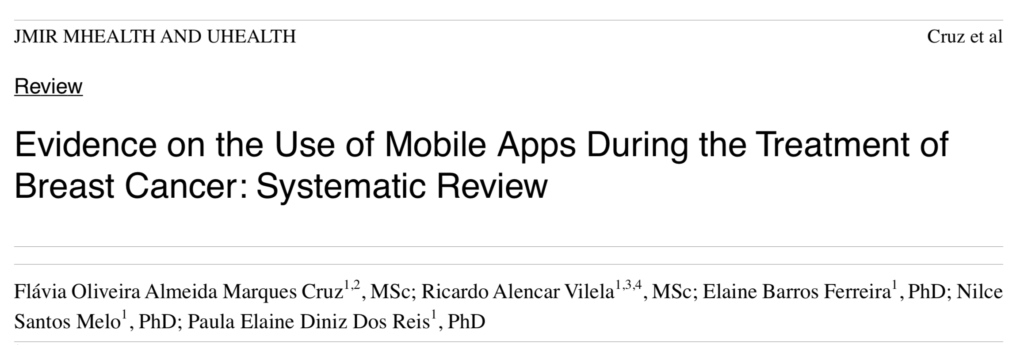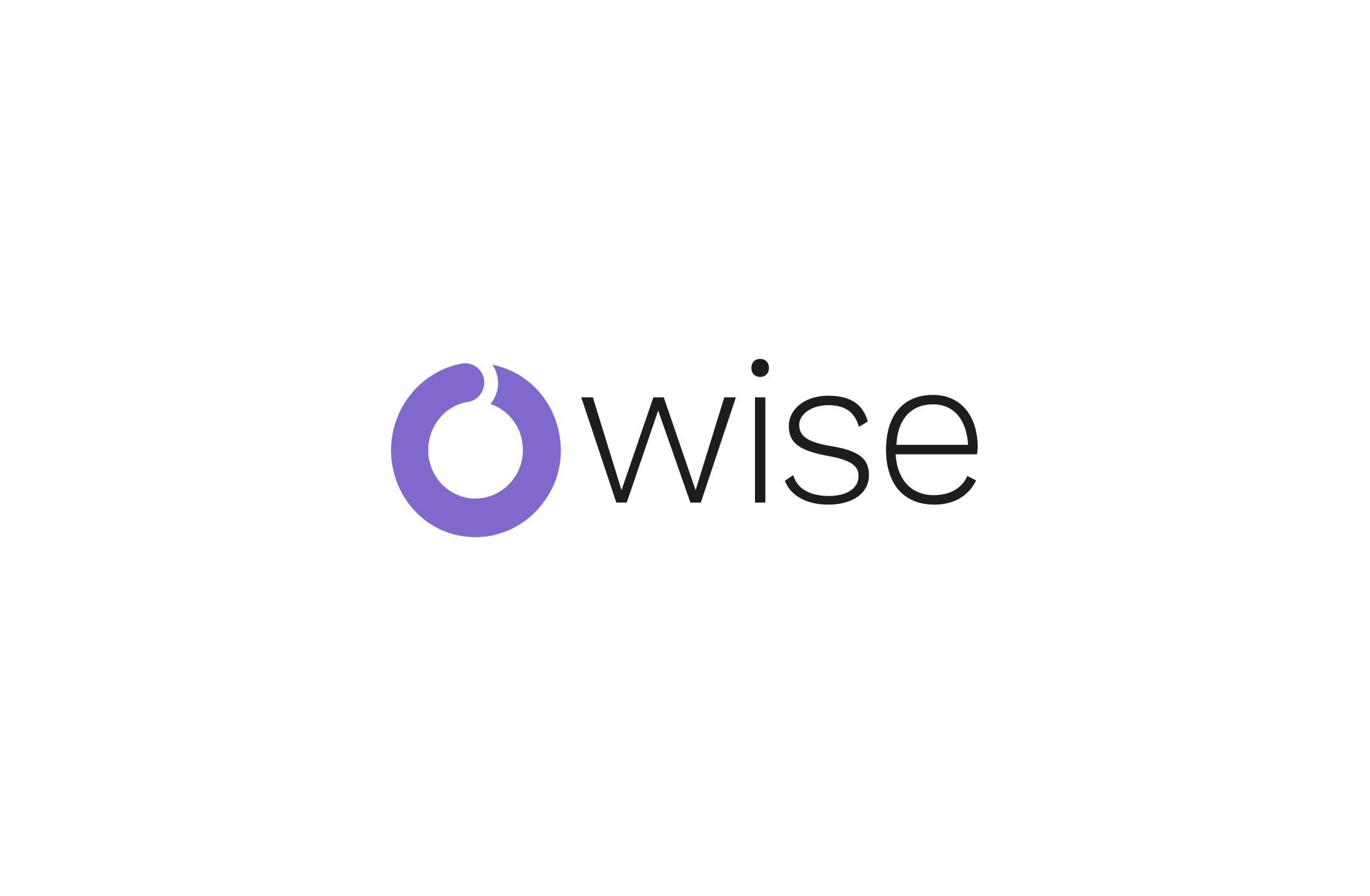
Abstract
Background: Cancer is a major cause of morbidity, disability, and mortality worldwide, and breast cancer is the most common cause of death in women. Different modalities of cancer treatment can have adverse effects that reduce the quality of life of patients and lead to treatment interruptions, if not managed properly. The use of mobile technologies has brought innovative possibilities for improving health care. Mobile apps can help individuals manage their own health and well-being and may also promote healthy lifestyles and information access.
Objective: The aim of this study was to identify available evidence on the use of mobile apps to provide information and facilitate communication regarding self-care management related to the adverse effects of toxicities owing to breast cancer therapy.
Methods: This systematic review includes studies which were identified using a search strategy adapted for each electronic database: CINAHL, Cochrane Library, LILACS, LIVIVO, PubMed, SCOPUS, and Web of Science. In addition, a gray literature search was performed using Google Scholar. All the electronic database searches were conducted on April 17, 2019. Two investigators independently reviewed the titles and abstracts of the studies identified and then read the full text of all selected papers. The quality of the included studies was analyzed by the Cochrane Collaboration Risk of Bias Tool and the Methodological Index for Non-Randomized Studies.
Results: A total of 9 studies which met the eligibility criteria—3 randomized clinical trials and 6 nonrandomized studies published in English from 2010 to 2018—were considered for this systematic review; 396 patients with breast cancer, as well as 40 experts in the medical and nursing fields, and 3 software engineers were included.
Conclusions: The evidence from the studies included in this systematic review is currently limited but suggests that mobile apps for women with breast cancer might be an acceptable information source that can improve patient well-being; they can also be used to report symptoms and adverse treatment-related effects and promote self-care. There is a need to test more evidence-based apps in future randomized clinical trials.
